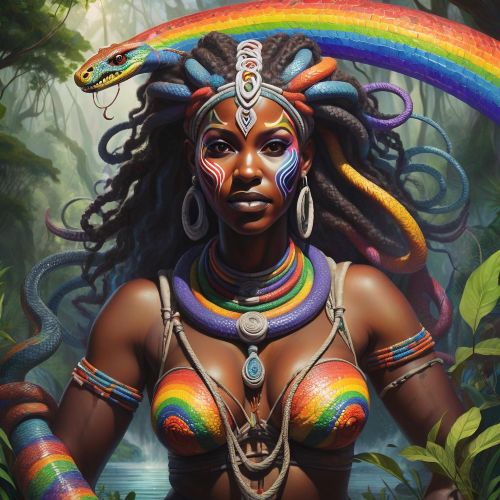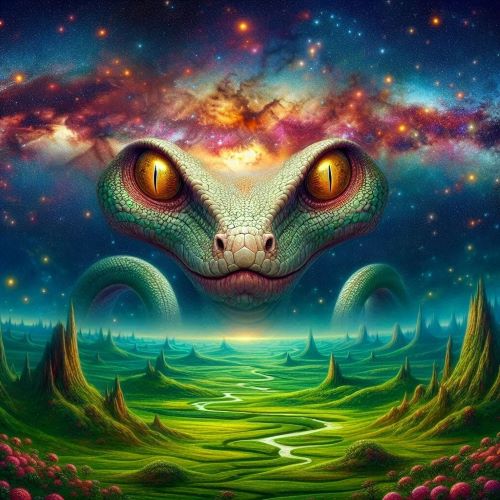Vodun Mythology
Vodun, often misunderstood and misrepresented, is a complex spiritual system deeply rooted in the cultures of West Africa. Far from a simplistic religion, Vodun is a holistic worldview encompassing philosophy, medicine, justice, and spirituality. At its core lies the belief that everything, animate and inanimate, possesses a spirit or energy. These spirits, known as loa or lwa, are the intermediaries between humans and Bondye, the supreme creator.
The Vodun pantheon is vast, with thousands of loa representing diverse aspects of nature, human emotions, and societal roles. Some prominent loa include Damballah, associated with creation and healing, and Legba, the gatekeeper of the spirit world. Vodun rituals involve music, dance, and trance, allowing practitioners to connect with the loa and seek their guidance. These ceremonies are often accompanied by vibrant colors, intricate symbols, and offerings to honor the spirits.
Ancestral veneration is a crucial component of Vodun. The spirits of ancestors are considered part of the extended family and continue to influence the lives of the living. Rituals and ceremonies are performed to honor the ancestors, seeking their blessings and protection. The concept of balance between the physical and spiritual realms is fundamental to Vodun. Illness, misfortune, or challenges are often attributed to disruptions in this balance, requiring spiritual intervention to restore harmony.
Vodun has faced centuries of misunderstanding and misrepresentation, often portrayed as a form of witchcraft or black magic. However, Vodun is a rich and complex spiritual tradition that offers a profound connection to the natural world, ancestors, and the divine. By understanding the core principles of Vodun, we can appreciate its significance as a living, evolving spiritual practice.


